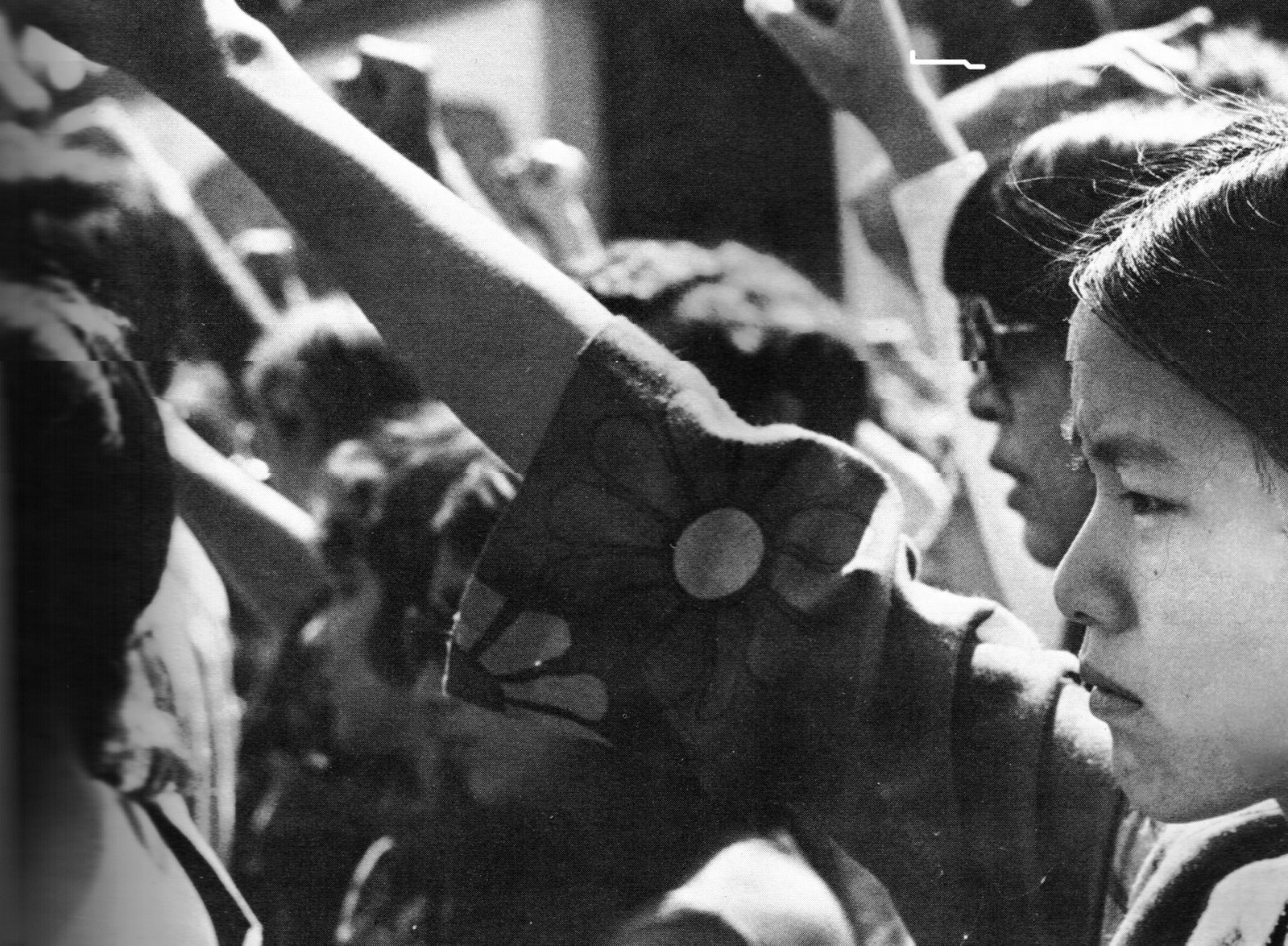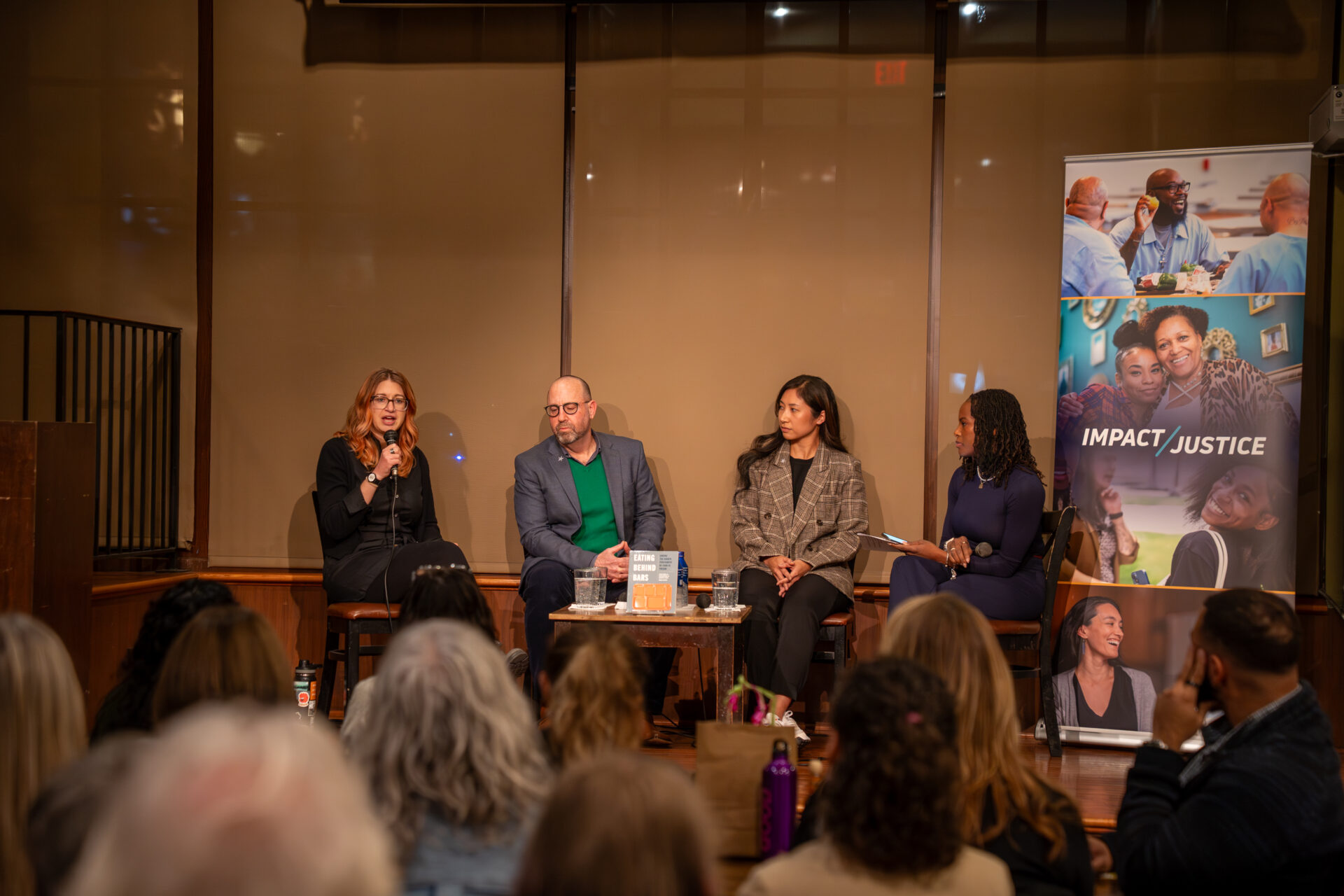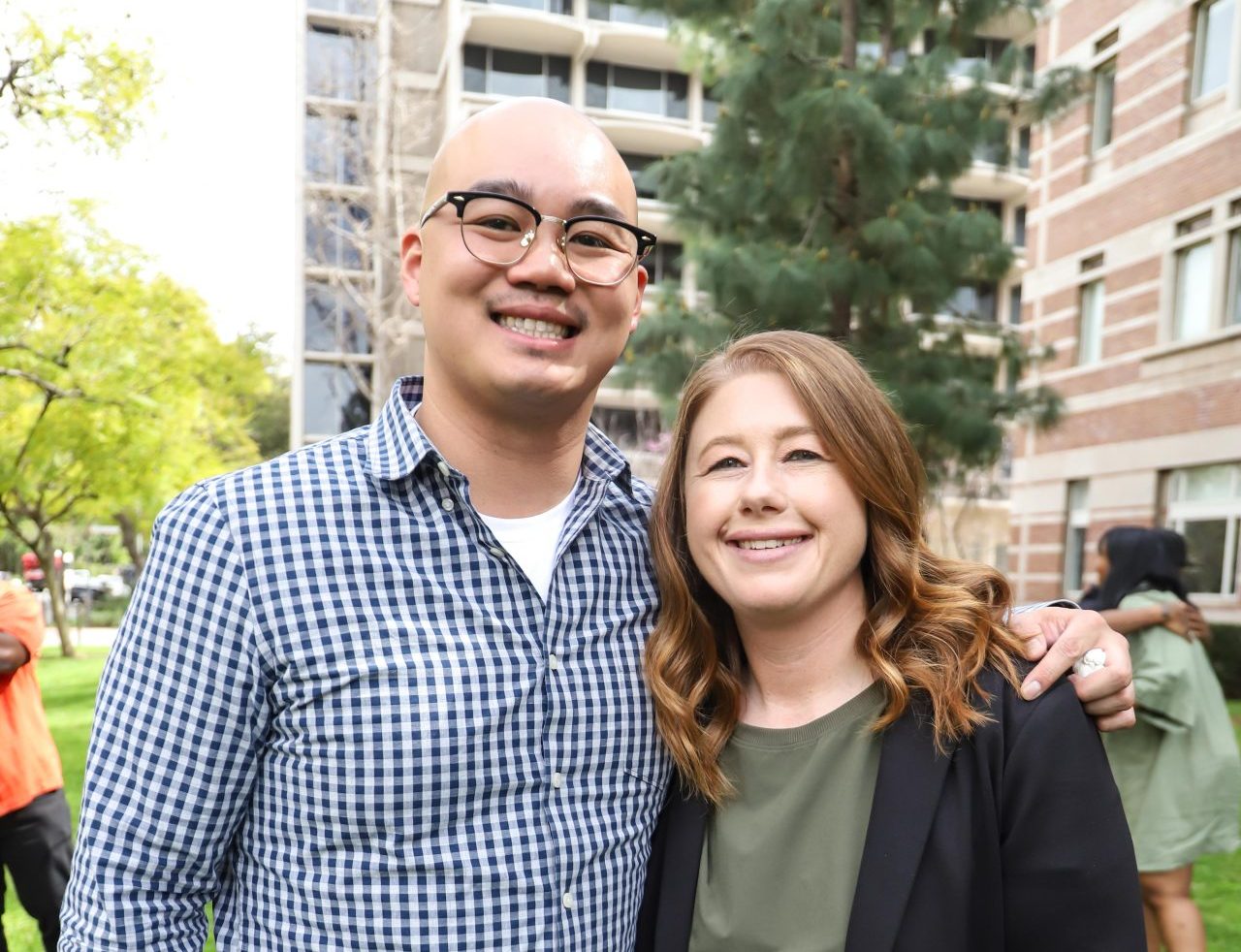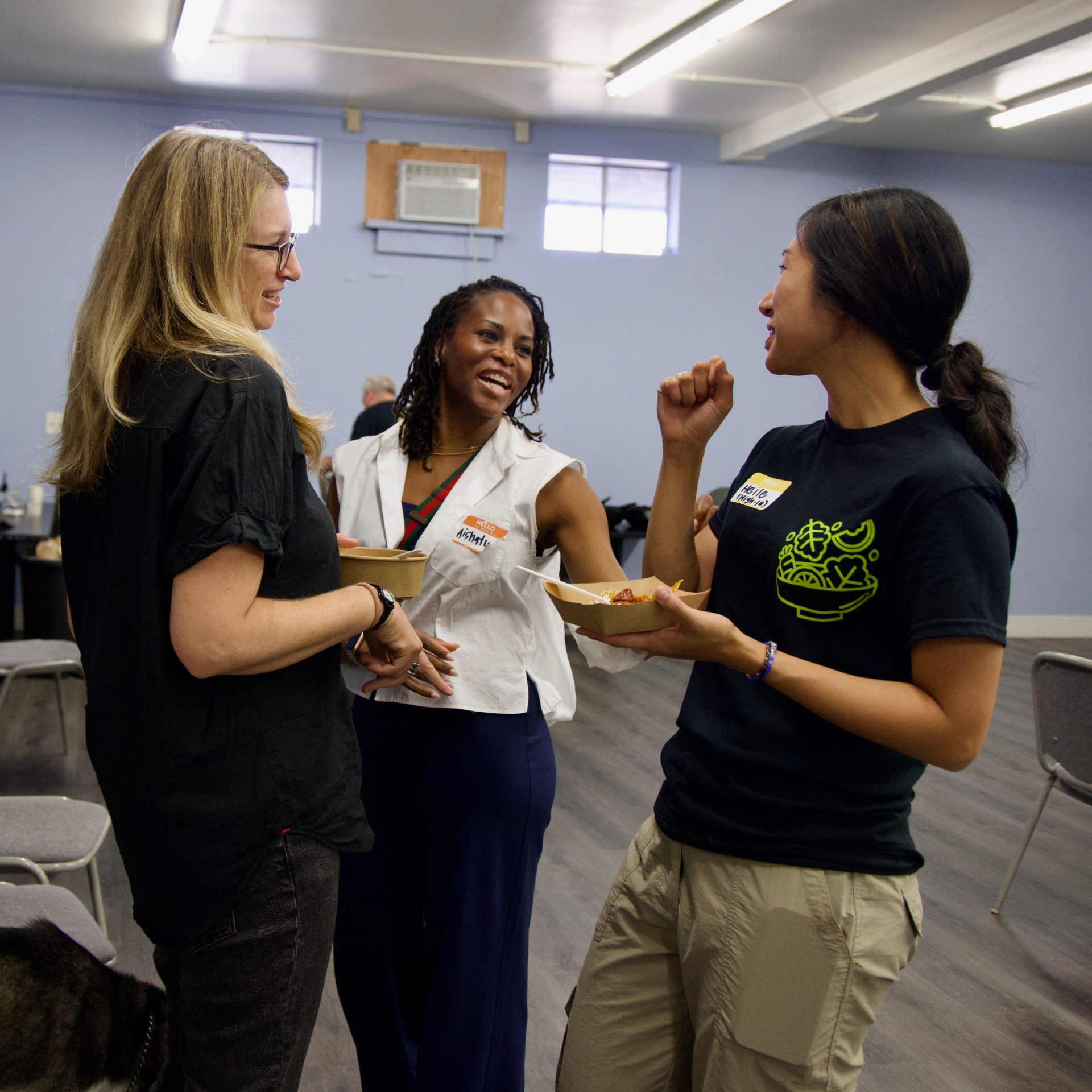Amidst the current global COVID-19 pandemic, this year’s commemoration of Asian Pacific American Heritage Month feels radically different than years past. Increased hate crimes against Asian Americans provide a somber reminder that acceptance of Asian and Pacific Islander Americans is conditional.
Asians in the United States are intimately aware of this conditionality. It’s been a core aspect of the Asian American experience throughout their history in the United States.
History of exclusion
Soon after Chinese people began migrating to the United States in the 1840s, they were met with repressive legislation that forced them to insulate themselves in what would become known as Chinatowns. They were prohibited from testifying in court, owning property, voting, and working in institutional agencies. Yet these same migrants were instrumental in building the transcontinental railroad.
Other laws were enacted to bar Chinese and other Asians from immigrating to the United States and prevent their naturalization as citizens. And in 1942, President Franklin D. Roosevelt signed Executive Order 4066, which forced 120,000 Japanese Americans into concentration camps until the end of World War II.
Since 1975, more than 1 million refugees from Cambodia, Laos, and Vietnam have resettled in the United States, many of whom have been subject to the school-to-prison-to-deportation pipeline.
Birth of a movement
Young descendants of Asian immigrants took inspiration from the Black Power and anti-Vietnam War movements to form a distinctive Asian American movement to demand self-determination and power for Asians. Comprising Chinese, Japanese, Korean, Filipino, and others, these young activists came together despite their differences to work for unity and justice. Out of this came leaders like Yuri Kochiyama, who spent her life devoted to supporting political prisoners, Black, Latinx, Native, and Asian American communities.
Since then, Asian Americans have fought as a community for a myriad of issues including affordable housing, the incorporation of ethnic studies in schools, and affirmative action.
Legacy
The legacy of these leaders and movement building continues today. Asian and Pacific Islander American activists in recent years have stood in solidarity with other communities of color, including among others, Black Lives Matter and Standing Rock Sioux Tribe. In these perilous political times, and despite their diverse Asian backgrounds, they continue to support marginalized people in this country in various ways.
As we face a resurgence of Yellow Peril in the age of COVID-19, it is yet another stark reminder that regardless of how long Asians have been in this country or their contributions to society, they are seen as perpetual foreigners.
Impact Justice recognizes the values of diversity and equity as a core component of our work, which requires turning a critical eye towards historical oppression as well as a commitment to do better for our communities. For this year’s Asian Pacific American Heritage Month, we invite you to stand in solidarity with Asian and Pacific Islander Americans. You can learn how to stop xenophobic attacks against Asian Americans.
Together, we can transcend fear and hate, and come together in love and community.
Photographer: Nikki Arai
Source: aam1968.blogspot.com
Oakland High School students participate in funeral for Black Panther Bobby Hutton, killed by Oakland Police in 1968.



